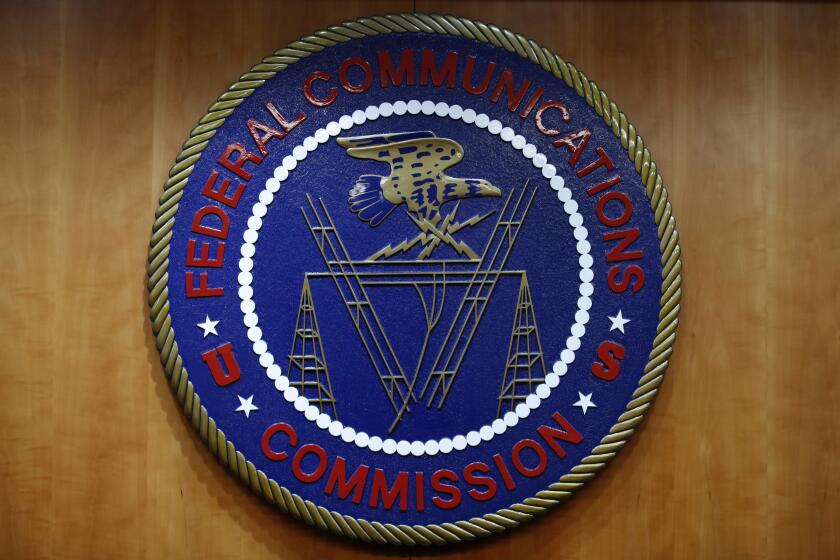Feds start wait list for DTV converter box coupons
WASHINGTON — Consumers who apply for federal coupons to pay for converter boxes ahead of next month’s transition to digital television broadcasts are being placed on a waiting list and may not receive their vouchers before the switch over, the Commerce Department said Monday.
The National Telecommunications and Information Administration, the arm of the Commerce Department running the coupon program, created the waiting list Sunday after hitting a $1.34-billion funding limit set by Congress.
The agency will send out coupons to those on the list only as unredeemed coupons in circulation expire, freeing up more money for the program. The waiting list already has requests for 103,000 coupons.
Meredith Attwell Baker, head of the telecommunications administration, urged consumers now requesting coupons not to wait for them to arrive and to instead act quickly to ensure that they have at least one television set ready for the Feb. 17 transition.
Under the rules set by Congress, which mandated that broadcasters switch from analog to digital broadcasts to free up more room in the wireless spectrum, the telecommunications administration cannot commit more than $1.34 billion at any time to cover the cost of converter box coupons. That pool includes coupons that already have been redeemed; unexpired coupons that have been mailed out but not yet redeemed; and coupons that have been requested but not yet mailed out.
Congress could address the funding problem by approving more money for the coupon program or raising the $1.34- billion cap by waiving the accounting rules that require the telecommunications administration to wait for unredeemed coupons to expire before issuing new ones.
“The NTIA has left us with precious little time to respond to the cash crunch,” Edward J. Markey (D-Mass.), chairman of the House Energy and Commerce Subcommittee on Telecommunications and the Internet, said Monday.
Markey is working on bipartisan legislation to waive the accounting rules and said he hoped to pass a bill as soon as possible. That would immediately free up tens of millions of dollars for the program and buy Congress a few weeks to examine larger funding problems, he said.
More to Read
Sign up for Essential California
The most important California stories and recommendations in your inbox every morning.
You may occasionally receive promotional content from the Los Angeles Times.










